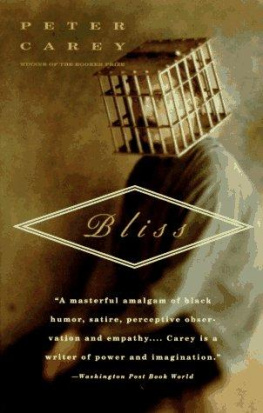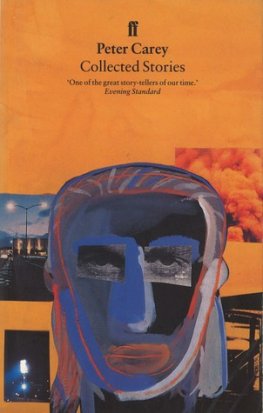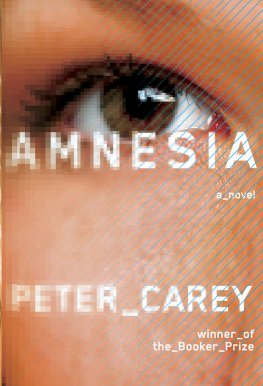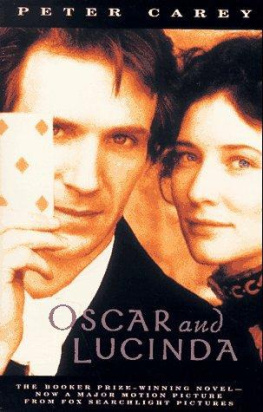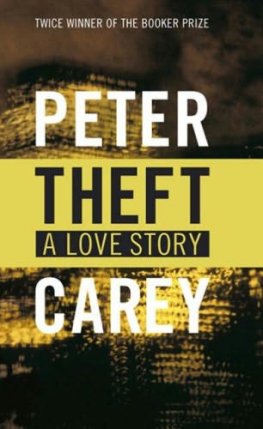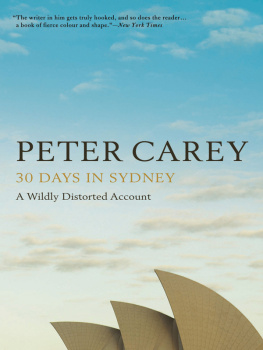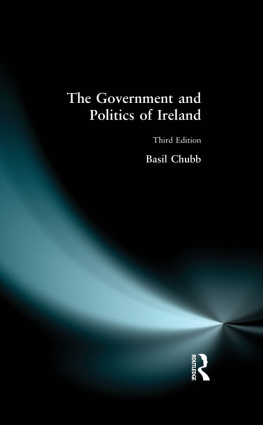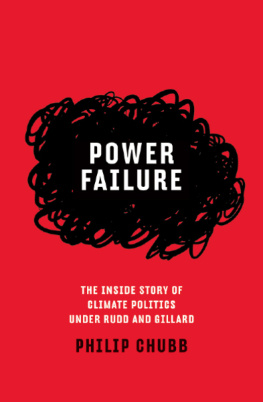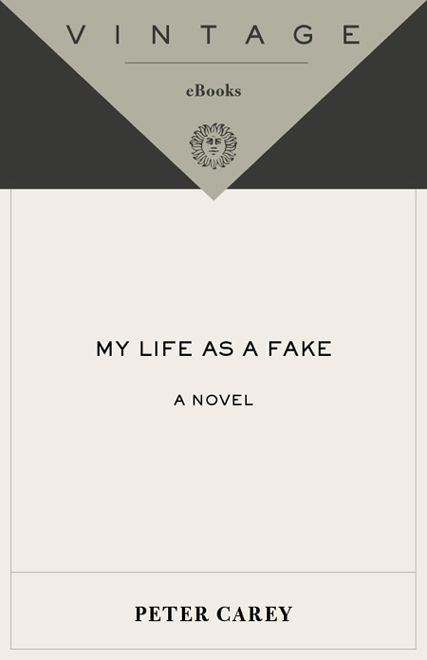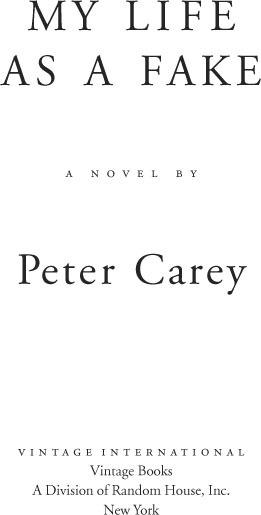I beheld the wretchthe miserable monster whom I had created. He held up the curtain of the bed; and his eyes, if eyes they may be called, were fixed on me.
The Old Rectory, Thornton, Berkshire. August
I have known John Slater all my life. Perhaps you remember the public brawl with Dylan Thomas, or even have a copy of his famous book of dirty poems. If its an American edition youll discover, on the inside flap, a photograph of the handsome, fair-haired author in cricket whites. Dewsong was published in 1930. Slater was twenty at the time, very nearly a prodigy.
That same year I was born Sarah Elizabeth Jane to a beautiful, impatient Australian mother and a no less handsome but rather posh English father, Lord William Wode-Douglass, generally known as Boofy.
Slaters own class background was rather ambiguous, though my mother, a dreadful snob, had a tin ear, and I know she thought Slater very grand and therefore permitted him excesses she would not have tolerated from the Chester grammar-school boy he really was.
It was Slater who carved my fathers thirtieth birthday cake with his bare hands, who rode a horse into the kitchen, who brought Unity Mitford to dinner during the period she was stealing stationery from Buckingham Palace and carrying that nasty little ferret around in her handbag.
I cannot say that I understood his role in my parents marriage, and only when my mother killed herselfin a spectacularly awful styledid I suspect anything was amiss. In the last minutes of her life I saw John Slater put his arms around her and finally I understood, or thought I did.
From that moment I hated everything about him: his self-absorption, his intense angry good looks, but most of all those electric blue eyes which inhabited my imagination as the incarnation of deceit.
When my mother died, poor Boofy fell apart completely. He drank and wept and roared, and after falling down the stairs the second time he packed me off to St Marys Wantage in Berkshire, which I did not like at all. I ran away, was returned in a post-office van, fought with the headmistress, and adopted the perverse strategy of writing with my left hand, thus making almost all my schoolwork illegible. I was so busy being a bad girl that no-one noticed that I also had a brain. But even while I was receiving Ds in English I somehow managed to see that Slaters celebrated verses were nothing so much as bowers constructed by a male in order to procure sex. This was far from being my only insight and I was not reluctant to let the Great Man know exactly what I thought. Somewhere in his papers there may still be evidence of my close reading of Eastern Oriental, with its impertinent corrections, its queries about his heavily enjambed lines, all of which I archly hoped might be helpful to him.
I was, in short, a precocious horror and you will not be at all astonished that John Slater and I did not become friends. But, London being London, I did keep on running into him over the years, and as he continued to write poetry and I had ended up as the editor of The Modern Review, we knew many of the same people and had reason to sit at the same table more than once.
Time did not make the association easier. Indeed, as I grew older his physical presence became more and more disturbing. I will not say that I was obsessed with him, but I could not be in the same room without looking at him continually; I was drawn to him and repulsed by him all at once. He was an appallingly unapologetic narcissist and so full of iconoclastic opinion and territorial enthusiasms that there was not a dinner party, be it ever so packed with the Great and the Good, where one could escape his increasingly bardic presence. Of course I could not look at him without thinking of my poor unhappy mother.


